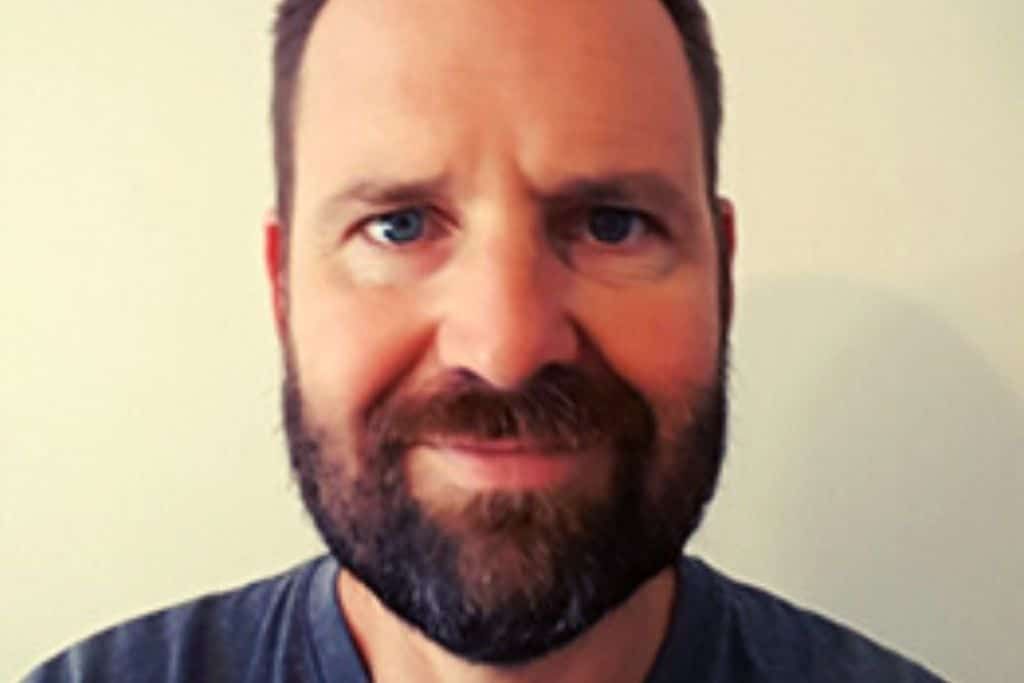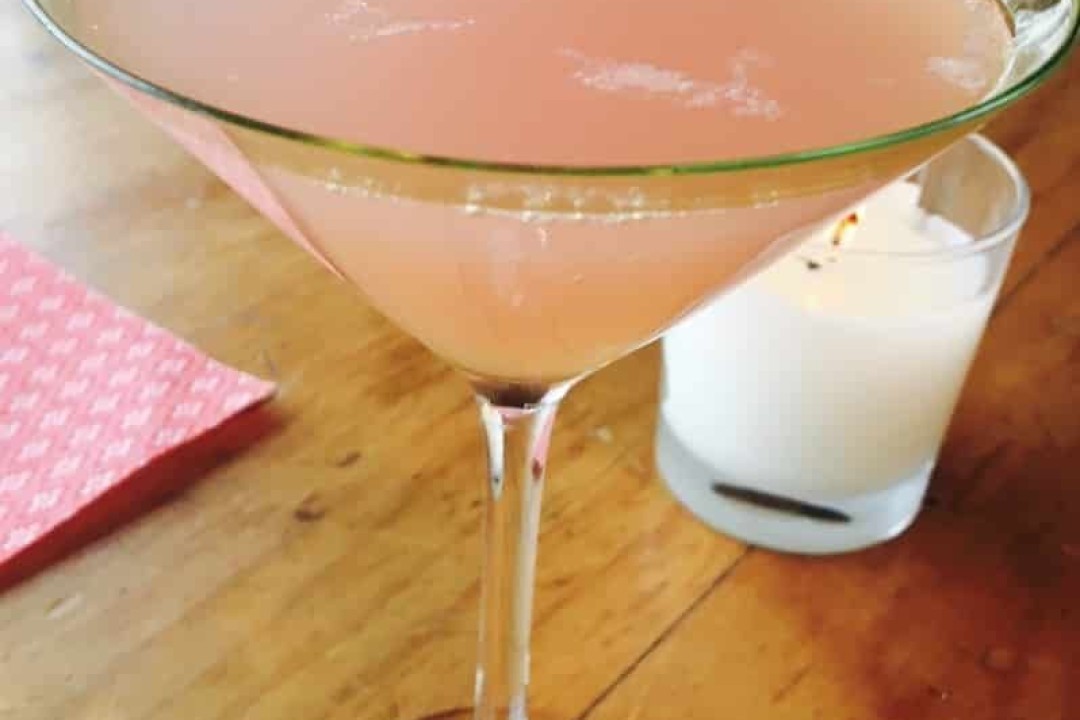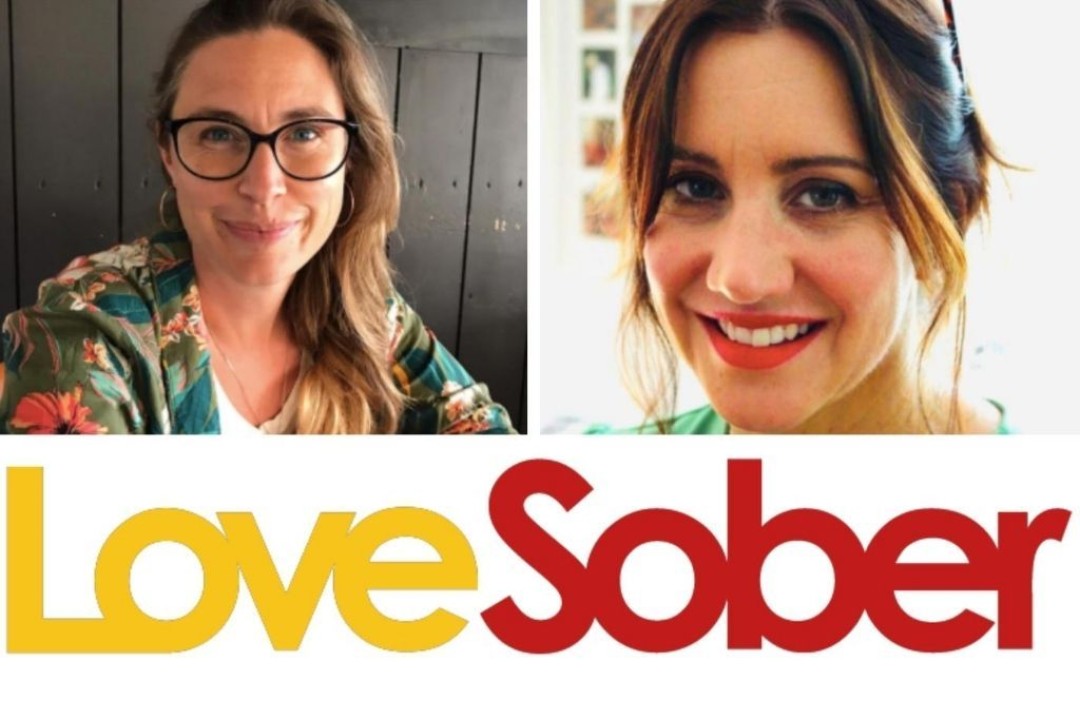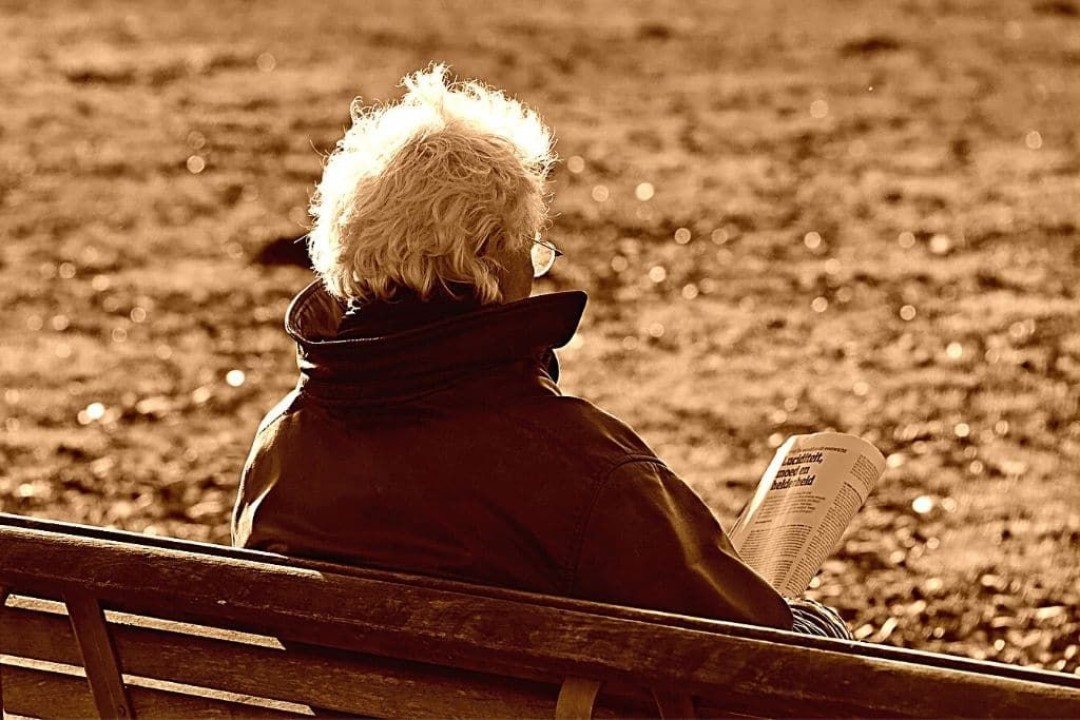Ask An Expert: Mathew (Addiction Clinician)
November 10th, 2020 Interviews

Today’s expert is Mathew, a self-employed Addictions Clinician who specialises in gambling related harm. He manages a small addiction service in Nelson.
=========
Mrs D: What do you do?
Mathew: My service is focused on providing clinical counselling and advice and public health services to help address gambling related harm. I’ve worked in the wider addiction field for about 20 years and aside from the area of gambling, I also do some teaching and provide clinical and professional supervision and, a few other bits and pieces. I have an interest in the area of screen time and gaming and unfortunately have seen this increase to where it’s become a pressing mental health issue in youth.
Mrs D: How do people access your service?
Mathew: Our Problem Gambling Clinical services are free as we are funded by the Ministry of Health. This funding comes from a levy set on all gambling products and we like to tell people that “you’ve already paid for this” when they arrive and want help and advice.
Mrs D: In a very general sense, what do you do to help people?
Mathew: Good question. I think some people may assume that all counsellors are altruistic and are solely there to make others feel good. I think people need to be critical of services and shop around if need be as some counsellors are of course there to help you while others may be more focused on doing the job for other reasons. I started down this path as I wanted to help people but didn’t really know who I wanted to work with. I completed a degree and other studies, worked in a couple of rehabs and other services and built up my confidence to work with people. I think, like others who work in the helping profession, I have a mild-to moderate amount of anxiety which makes me worry about if I am doing a good job when working with people.
Mrs D: Your focus is on people who are struggling with gambling.. do you often find there are substance issues going on as well?
Mathew: Most of the people I support are focused on the gambling and tend to ‘specialise’ – in that they will typically only be participating in one form of gambling (more often than not, the Pub Pokies which is probably around 80% of the people we see). With that said, we do support people with alcohol and other drug issues and tend to see “any door as the right door”. Our area of interest is Gambling and Other Addictions and we tend to support people to work on both the Gambling and Chemical Addictions if we can. Our services, like other gambling services, is set up to be able to support people into a range of other services if we can’t provide everything the person needs. It’s a really great way to work.
Mrs D: How is the treatment for gambling addiction different from, say, alcohol addiction?
Mathew: My opinion only, but I see the gambling area as being newer and as such, I think we have more flexibility on how we can best work with individuals and their family. We support both the gambler and other affected like partners – over 1/3 of the people we see are other affected/family members. Our basic way of working with people is to understand that people will often be feeling confused on how they have ended up being out of control with their gambling. Typically them contacting us is brought on by a crisis (emotionally and/or financially) so we try and meet with the person as quick as we can. We try and include family or key support people when we work with people as, more often than not, having these people involved will increase the chance of a positive outcome. There are lots of models, theories and opinions about the nature of addiction and we are wary of the fact the moralistic model of addiction is still quite strong in the community – that is, the idea that a person chooses to be an addict. We have a working understanding of the neurobiological basis of addiction and try and incorporate this into our work with people. We try and understand their unique situation and provide them with some ideas on how addiction occurs so then they are best informed on how best to change their behaviour. Some people may be dealing with multiple issues, but for most it will be one behaviour or substance that is the problem. For some its gambling, for some it’s alcohol and for others it something else. In this way, these things are “Environmental Traps”. We help people keep away from these products and they tend to be able to work on what they need to work on to gain a good level of wellness. We are lucky in the gambling area in that people can exclude and/or ban themselves from the Pub Pokies. An exclusion means that the person cannot legally gamble – it has the effect of telling the reward pathways in our brain, “You can’t do that”. We like to say that this intervention alone is more effective than penicillin – close to 80%.
Mrs D: What are some key things that help a person struggling with any type of addiction turn their life around?
Mathew: I think the best thing about supporting people overcome gambling issues, is that most people present with a long history of coping well in life and the gambling has been just a more recent problem. It’s good to look at times before the gambling crept in. It’s also good to remind people that we can’t change what has happened (the desire to chase the loses can be huge) but that we can look at what their life will look like in a week, a month, 6 months etc. People need to reminded that they are in charge of their lives and need to reflect on where things have not gone well and what they can do to change their future.
Mrs D: Do you feel like there’s hope for everyone?
Mathew: Yes, but with that being said, it’s important to recognise that we are not as rational as we think we are and it may take us a few or more attempts at getting our lives right. We don’t want them to happen, but there will probably be a few blips on the radar. It’s important to recognise these as blips and that we reflect on what didn’t; quite go right and what we need to tweak with our plan.
Mrs D: We can feel quite isolated when we’re struggling with an addiction, what can you say to encourage people to reach out for help?
Mathew: Life isn’t always easy. All people have ups and downs but it can be easy to think that when we are going through a rough time that others wont understand. It’s important to realise that you might not get the support or advice you need from the first door you knock on. It may take talking to a few professionals, friends or family members to find the right people to support you – you need to find people who can support you to come up with a plan. It doesn’t usually work just to put all your emotional support on one person. A professional can provide some of the support, but you may find out that reach out to a trusted friend, on-line support or other options may work for you.
Mrs D: What is the main takeaway you have from all your years of work in this field?
Mathew: Having good range of theories and tools to call on is great, but the main thing that results in a good outcome for people is being able to build a positive relationship. It’s also good to remind yourself that you may be the person to help someone change their life, or it may be that someone else says the same thing you did but a few years later and that’s when it has an effect. I think it’s about being consistent with what you say and do, but not be too self-centred to think that what you say and do will have the desired effect every time. Hopefully even if it doesn’t work the first time, the person will feel comfortable to come back and see you down the track.
Mrs D: What do you love most about your job?
Mathew: I just feel lucky that I get to work with people. It’s amazing the people you meet and the stories you hear.
Mrs D: Anything else you’d like to add?
Mathew: Just that addiction isn’t something that affects some people and not others. We all have the potential to get addicted to something. If you want support to make some changes, remember there are a whole lot of people out there (not just professionals) who can help.
Continue reading
Happy Sober Reality!
Oh wow everyone … how utterly incredible you all are for sharing those brutal truths.
August 30, 2014
Ginger Rose Mocktail
I had a bunch of girlfriends over this week and went to the effort of making this really delicious mocktail!
October 19, 2018
Ask an Expert: Kate & Mandy (Love Sober)
Today’s experts are Kate and Mandy from Love Sober.
July 30, 2020
Sober Story: Colin
"I didn’t want to stop drinking but the last drink drive offence I knew that I was going to jail if I didn’t do something drastic. So I rang a counselling service for help."
April 13, 2022


